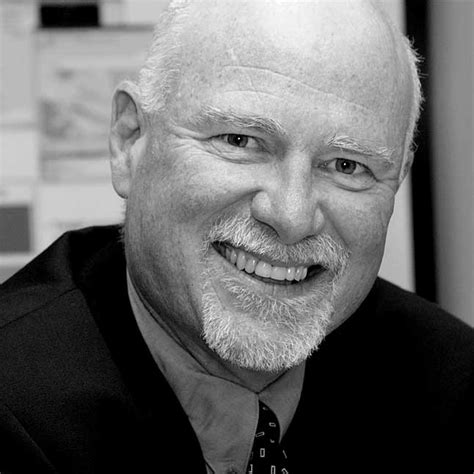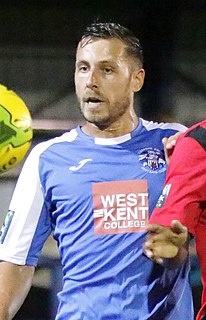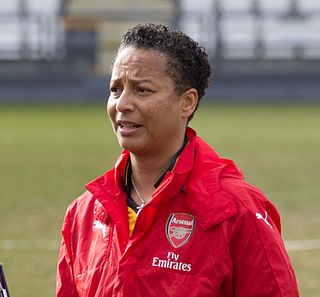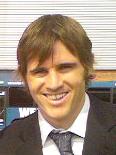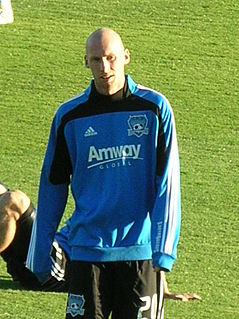A Quote by David Perkins
Learning is a consequence of thinking.
Quote Topics
Related Quotes
Many of us grow up thinking of mistakes as bad, viewing errors as evidence of fundamental incapacity. This negative thinking pattern can create a self-fulfilling prophecy, which undermines the learning process. To maximize our learning it is essential to ask: "How can we get the most from every mistake we make?"
There has to be a consequence to failure. Schools in the inner cities cannot be told, 'Oh, we want you to teach every child to learn how to read and, incidentally, if you fail to do that there's no consequence,' .. There has to be a consequence to failure, and the Title I money needs to follow the child.
The fact that you have a policy of such consequence directly affecting millions of people and you have a legal question of great consequence about the scope of the president's authority to act in implementing the immigration laws in this way and you have a one-line decision from the court affirming by an equally-divided court, it's an inevitable consequence of where we are.
People who excel at book learning tend to call up from memory what they have learned in order to follow stored instructions. Others who are better at internalized learning use the thoughts that flow from their subconscious. The experienced skier doesn't recite instructions on how to ski and then execute them; rather, he does it well "without thinking," in the same way he breathes without thinking. Understanding these differences is essential.


